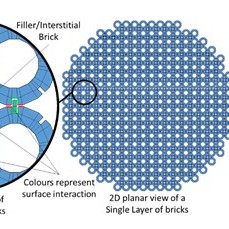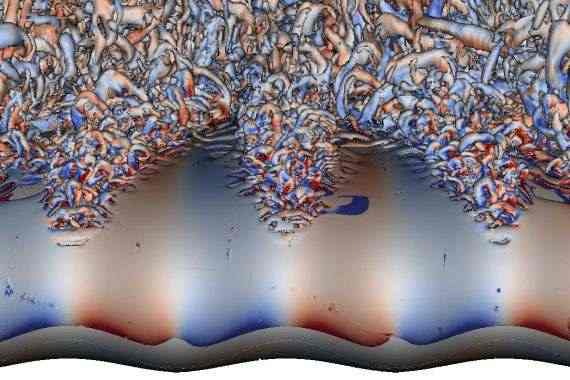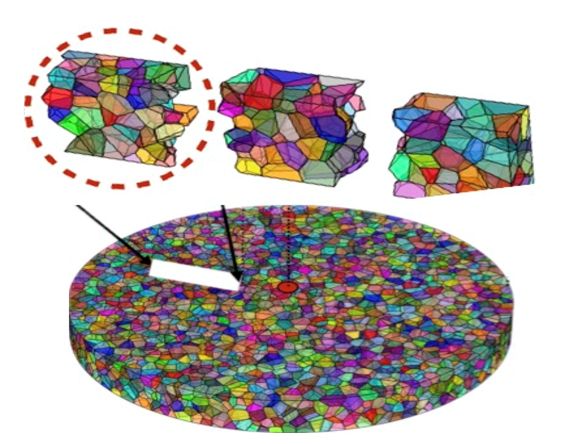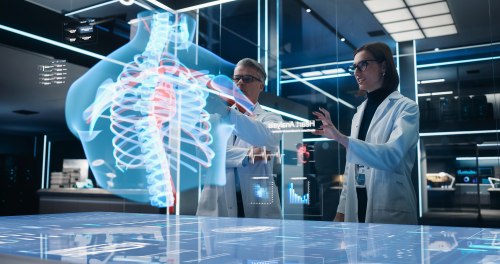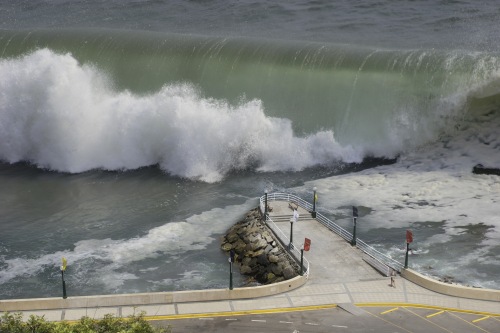Leader in computational engineering
Advancing innovation through cutting-edge modelling and real-world applications across sectors
Established in 2011 with a partnership with EDF, the Modelling and Simulation Centre (MaSC) focuses on high-level numerical methods and physical modelling to address challenges in fluid dynamics, structural mechanics, and more.
Wide-ranging expertise in computational fluid dynamics and turbulence
Advanced computational methods for material mechanics across scales
Combining engineering modelling and simulation with AI driven design tools
Championing open-source software and sustainable computational research
What drives our work
Develop state-of-the-art computational methods
Develop a wide range of innovations for computational fluid dynamics and solid mechanics, applied to a spectrum of industrial sectors.
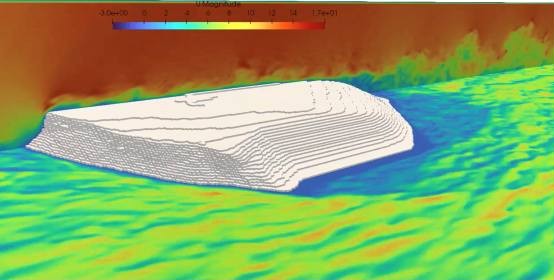
Leverage AI and data science
Integrate AI and machine learning with our work on physical modelling, including for design optimisation, uncertainty quantification, and low-order modelling.
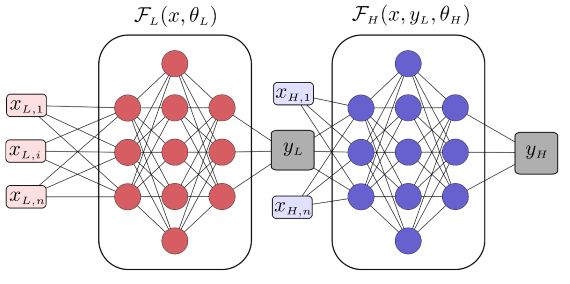
Prepare for future computational infrastructures
Explore novel simulation modes, including exascale computing, quantum, virtual environments, digital twinning, and interactive design.

Build robust software infrastructure
Contribute to development of world-class, open-source software with robust management for validation and collaboration, leveraging research software engineers and computer science expertise.



